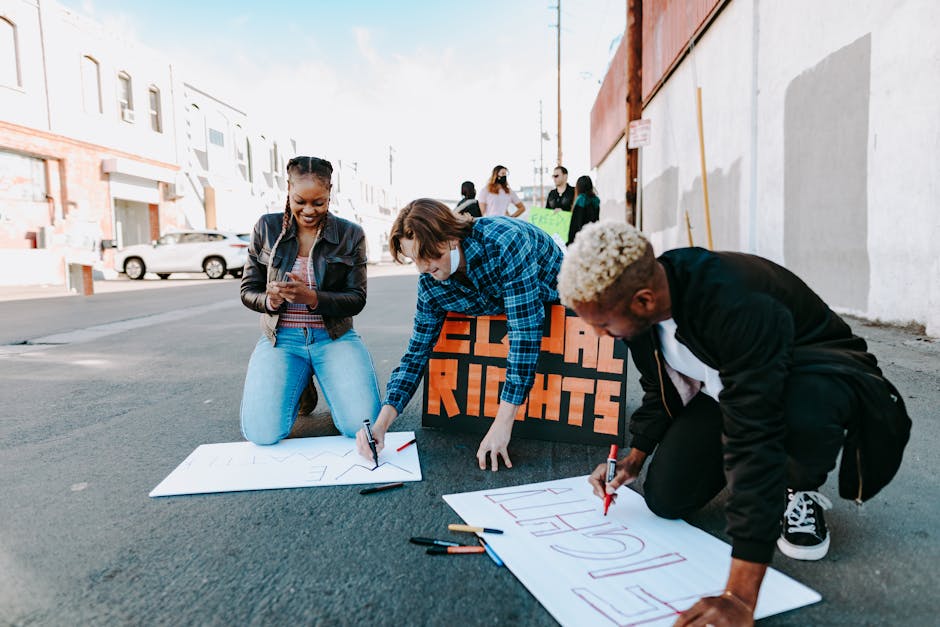Human societies have always danced with the rhythms of environmental change. From the fertile valleys of the ancient world to the sprawling metropolises of today, shifts in climate have repeatedly served as both catalysts and constraints upon human development. A careful study of history and archaeology reveals compelling evidence for the profound impact of climate fluctuations on the very fabric of civilizations, raising critical questions about our own present and future trajectory.
Prehistoric communities, particularly those reliant on agriculture, were acutely vulnerable to alterations in rainfall patterns, temperature variations, and the availability of resources. For instance, the collapse of the Akkadian Empire, a powerful Mesopotamian civilization flourishing in the Bronze Age, may have been intertwined with prolonged drought and environmental degradation. The aridity that gripped the region, potentially exacerbated by human activities such as deforestation, likely strained agricultural yields and sparked social unrest, eventually leading to the empire’s disintegration.
Similar patterns are discernible in other ancient civilizations. The decline of the Indus Valley Civilization, a sophisticated urban society, is linked to shifts in river systems, changing monsoon patterns, and increasing aridity. Archaeological evidence suggests a gradual deterioration in living standards, culminating in the abandonment of major cities. This underscores how climate change, when coupled with other pressures like overpopulation and social unrest, can weaken even the most advanced societies of their time.
Beyond the dramatic collapses, climate change has influenced the rise and fall of numerous societies in more nuanced ways. The expansion of the Roman Empire, for instance, coincided with a period of relatively warm and stable climate, fostering agricultural productivity and facilitating trade. Conversely, during periods of cooling and increased volatility, economic hardship and social tensions emerged, potentially contributing to the empire’s eventual decline. These interconnections between environmental conditions and human affairs highlight the need for a holistic approach to understanding history, recognizing the critical role played by environmental factors in shaping human destiny.
The relationship between climate change and human societies is further complicated by the intricate interplay of human actions and environmental forces. Deforestation, agricultural practices, and the mismanagement of resources have amplified the impacts of natural climate fluctuations, creating a feedback loop that has repeatedly pushed societies to the brink. The Dust Bowl era in the American Midwest, driven by a combination of drought and inappropriate agricultural techniques, provides a stark example. Massive soil erosion and crop failures devastated livelihoods and prompted widespread migration, illustrating how human choices can exacerbate the effects of climate change.
The evidence gathered from various historical periods underscores a crucial pattern: societies are more resilient when they possess adaptive mechanisms to respond to environmental changes. Cultures adept at resource management, water conservation, and diversification of agricultural practices often endured and thrived even during periods of climate stress. On the other hand, societies characterized by rigid social structures and a dependence on single resources proved more susceptible to the vagaries of environmental instability.
Moving beyond the ancient past, the modern era confronts a new challenge: unprecedented levels of anthropogenic climate change. The scientific consensus regarding the warming trend and its human origins is undeniable. The potential consequences for human societies are far-reaching and multi-faceted, impacting everything from food security and water availability to displacement and migration. The rise in sea levels, driven by thermal expansion and glacial melt, threatens coastal communities and displaces millions, forcing humanitarian crises and reshaping global political landscapes.
The potential for conflict over dwindling resources, such as water and arable land, is a significant concern. Competition for scarce resources can easily escalate into social unrest and even armed conflict, as witnessed by various historical instances of resource-driven wars. The ability of contemporary societies to adapt to the challenges of a changing climate will fundamentally shape their future trajectories, demanding a global commitment to mitigation and adaptation strategies.
Moreover, the study of past climate change events can provide invaluable lessons for the present. By examining the responses of past societies to environmental fluctuations, we can gain insight into effective strategies for managing resources, developing resilient infrastructure, and fostering social cohesion. The historical record reveals that societies which successfully navigated environmental crises were often characterized by adaptability, innovation, and a collaborative spirit.
In conclusion, the evidence overwhelmingly suggests a profound and enduring relationship between climate change and the development of human societies. Throughout history, shifts in climate have served as powerful forces, driving societal transformations, shaping cultural patterns, and influencing the fate of entire civilizations. By studying the past, we gain crucial insights into the potential impacts of future environmental changes and the strategies necessary for navigating the challenges ahead. A comprehensive understanding of this intricate relationship is essential not just for historical comprehension but also for building a more sustainable and resilient future for all. The current anthropogenic climate crisis mandates an urgent and concerted global effort to learn from history, act upon present challenges, and construct a more environmentally conscious and sustainable future for generations to come.
